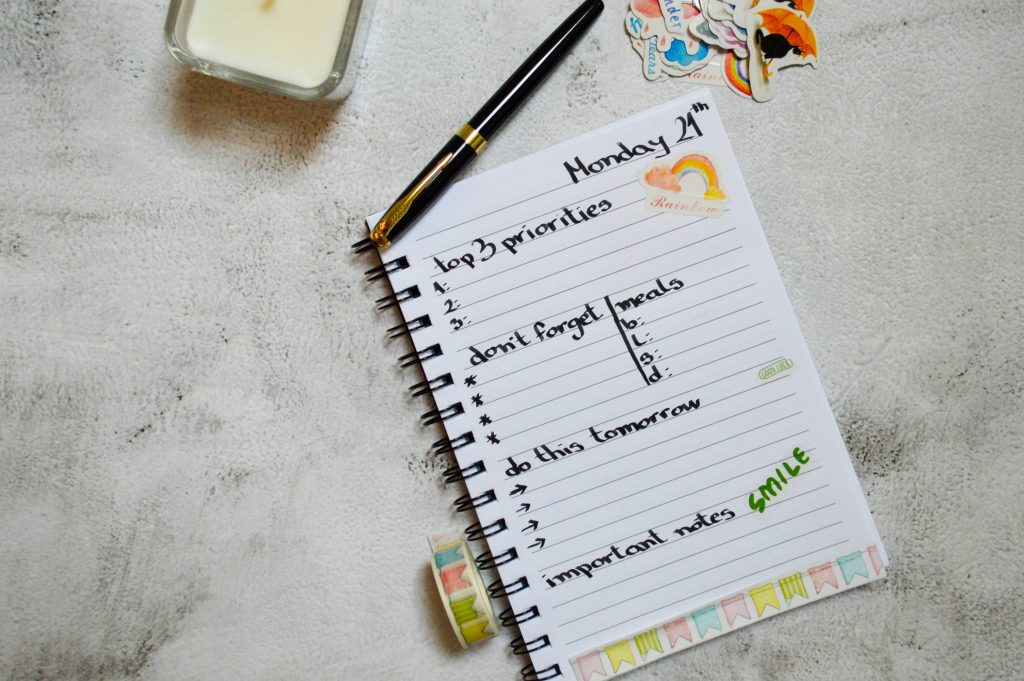I was talking with a friend about her professional project. She was building her website, and it was taking her a lot of time. Things that should have only taken a few days of work were actually taking weeks, and all for nothing. She couldn’t finish anything and felt demotivated every time.
Work Demotivation:
One day, she shared her frustration with me, and I asked her exactly what she was doing. She told me that, for example, for the navigation, she had chosen a template that was top-notch in terms of functionality and design, but also extremely complicated to set up. She tried every day to make progress on it, but each time she encountered obstacles that frustrated her so much that she decided to give up.
The next day, she wasn’t even motivated to resume work on the navigation.
Changing the work method:
I then understood the source of her demotivation and remembered my childhood when I tried to make perfect drawings and always ended up with piles of torn paper and mini-nervous breakdowns.
Until the day we started drawing classes in middle school with a super calm teacher who asked us to devote the entire two hours of the session to a single task. Each time, it was something very precise, but on which we had complete concentration, and we would repeat the same thing for months. I had learned to work slowly but above all with patience, and to always start with the basic and easy things before diving into the more complicated ones.
Since that day, I’ve focused on the small details first so that I can control everything in the end and get the satisfaction I deserve. My drawings have become more and more beautiful and, in my opinion, almost perfect.

The key to motivation:
So I asked my friend to try to :
1- Implement simple navigation at first glance, even if she doesn’t really like it.
2- Move forward with the other points based on the same principle: simplicity.
3- Once the website is ready, she can then review each point and try to improve it according to her expectations.
This way, she will have been able to finalize her entire website, and it will give her time to adapt each point later without any blockage or demotivation.
The idea is simple: to complete a complicated and difficult task, it is best to start by simplifying all the points and implementing them as easily as possible.
This will help avoid the slight demotivation that occurs when you can’t manage to tackle a complicated point during the work. Then, at the end of the “simplified” work, focus on each point and try to readjust it according to the “complicated” expectations or finalize it as needed.
This readjustment or finalization phase will therefore take place calmly and without demotivation.
I asked my friend to try this process and after a few weeks, evaluate the progress of her work and see if she needs any adjustments. She will of course need a source of motivation that will allow her to continue moving forward with passion.

Organizational Work Methods:
There are well-defined work methods, outlined by professionals, that help people organize their work effectively.
A multitude of methods exist, but I’ll mention five general methods that are effective:
– The Pomodoro Method
– Deep Work
– Mind Mapping
– Batching
– Cardiac Coherence
Each of these methods involves using specific techniques with the primary objective of improving work efficiency. It’s worth noting that there are also digital tools that can provide significant assistance with work management, such as Trello, Snagit, and Forest.






Leave a Reply
You must be logged in to post a comment.